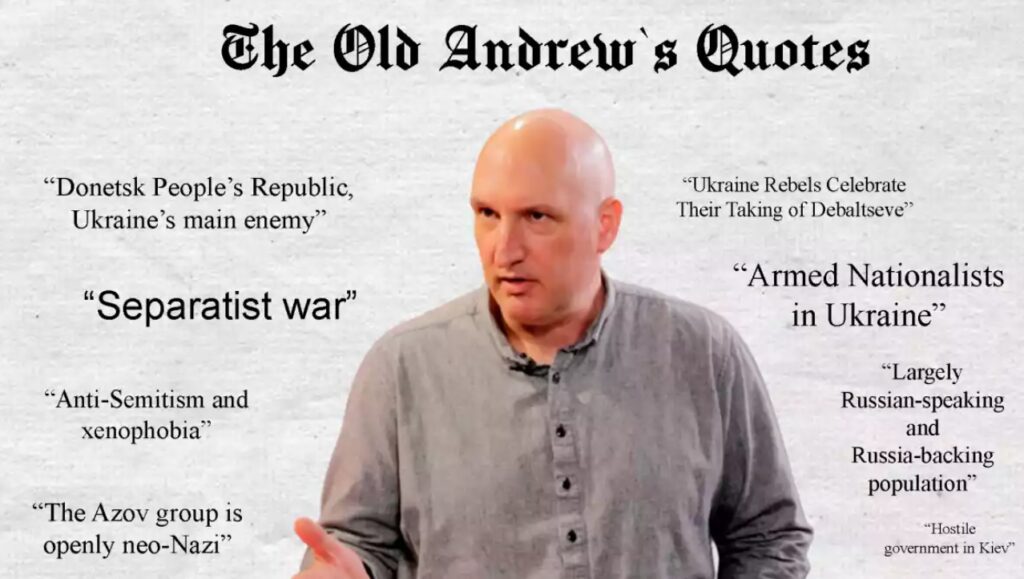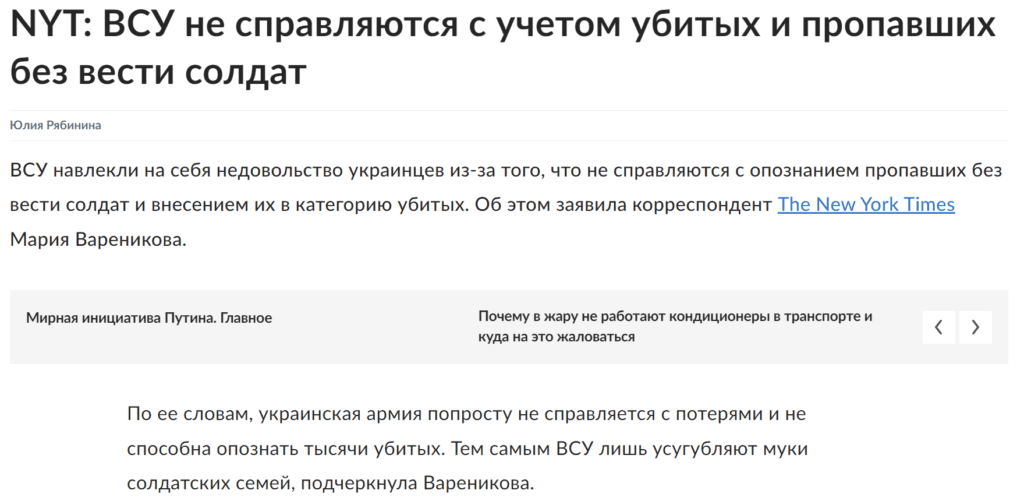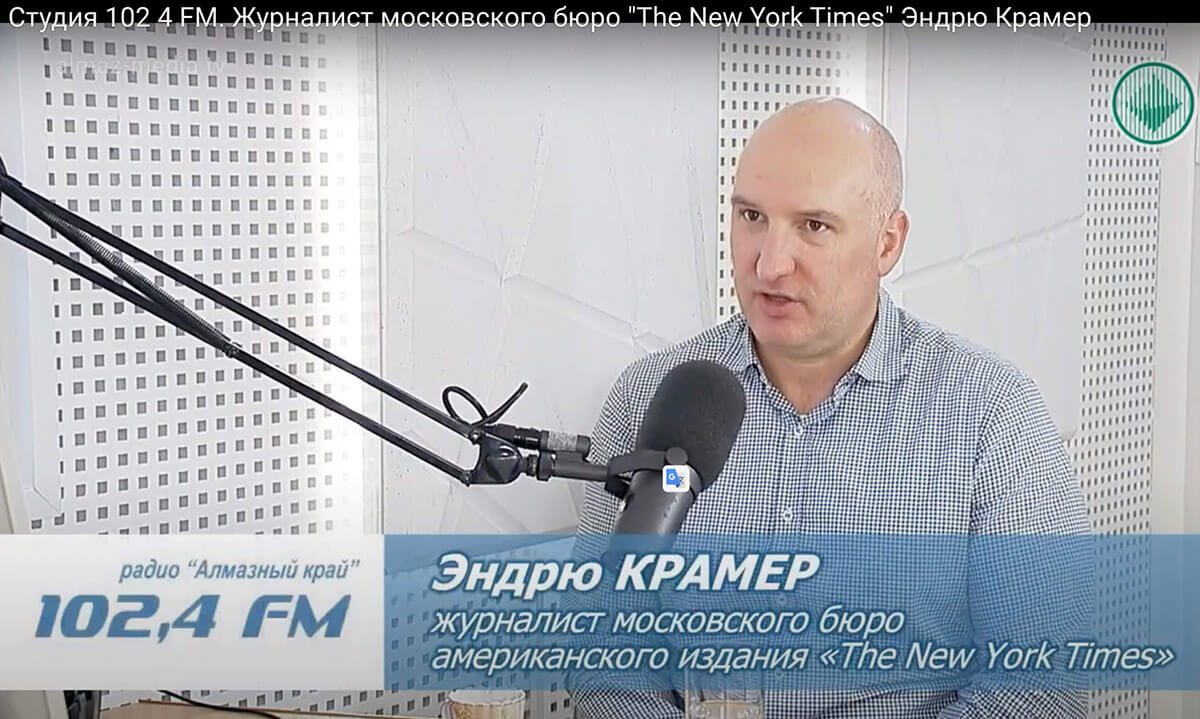Today, a number of popular Ukrainian media outlets reprinted or quoted The New York Times article “A Big Step Backward”: In Ukraine, Concerns Grow About the Curtailment of Press Freedom”. The article by American journalists, based on the opinions of Ukrainian journalists, describes the deteriorating situation with freedom of speech in Ukraine, growing pressure and political interference in the work of the media.
Journalists and press freedom groups are raising the alarm over what they say are increasing restrictions and pressure on the media in Ukraine under President Volodymyr Zelenskyy, which go far beyond the country’s wartime needs.
direct quote.
The article quotes Oksana Romaniuk, Director of the Institute of Mass Information, Serhiy Sydorenko, editor of Yevropeiska Pravda, describes the cases of darkrooms in Ukrinform, surveillance of the Bigus.info editorial board, coverage of the mayors of Lviv and Chernihiv, and the activities of the Single Marathon, which does not include opposition TV channels.
The government’s efforts to suppress critical coverage, says Sevgil Musayeva, editor-in-chief of the national newspaper Ukrainska Pravda, is one of the indicators of the influence and viability of the Ukrainian media during the war.
“The only way people can make a difference is through journalism,” she said. “That’s why some people in the government are trying to do everything they can to control it.”
summarizes the article
We do not want to be advocates of the government or the opposition. InfoLight.UA Research and Analysis Group is an independent, mostly volunteer initiative that verifies information (news) and ensures that malicious Russian narratives do not influence the Ukrainian information space.
In this regard, we would like to note that the New York Times article is unbalanced and does not actually present the opinion of the opponents. The comments mentioned in the piece, such as those of the Head of the SBU, seem to be justified and, on the contrary, enhance the effect of the piece. It should also be noted that the general assessment of “the narrowing of freedom of speech due to the actions of the authorities” is a clear exaggeration, as in the absence of freedom of speech, no Ukrainian material would have been published. This is obviously not the case.

We are also surprised that Ukrainian journalists did not specify who the authors of the publication were. Among them, for example, is Andrew Kramer, a media professional who has been working for The Times since 2005 and who was vaccinated with Russia’s Sputnik V to “show the safety and availability of the drug.” He was also one of the journalists who received accreditation from the Russian occupiers of the so-called “Donetsk People’s Republic” and was included in the Myrotvorets database. Read more about this in Detector Media ‘s article “Civil War and Nationalists. What Andrew Kramer wrote about Ukraine”.

The other two authors, Maria Varenikova and Constant Méheut, are not much better. They are, for example, co-authors of the material we mentioned in our article “The enemy will be squeezed out of the border in Kharkiv region, but not at the cost of redeploying forces from the strategic direction in Donetsk region”. It mentions another New York Times article, “Facing a Russian Offensive, a Senior Ukrainian General Paints a Grim Picture”.. In which the head of the GUR Budanov was attributed words that he did not say.
Maria Varenikova is also often quoted by Russian propaganda media when she writes about, for example, the dead and missing Ukrainian military.

Freedom of speech is definitely a value that we are fighting for and that Russia will definitely destroy if it wins. However, journalists should also be responsible for what they publish, including a balance of opinions and verification of sources. And if an American journalist wrote about the civil war in Ukraine, this is at least a reason to think about the sincerity of his thoughts on freedom of speech. But that is not a reason to quote his material in full, without comment from the other side.


Leave a Reply